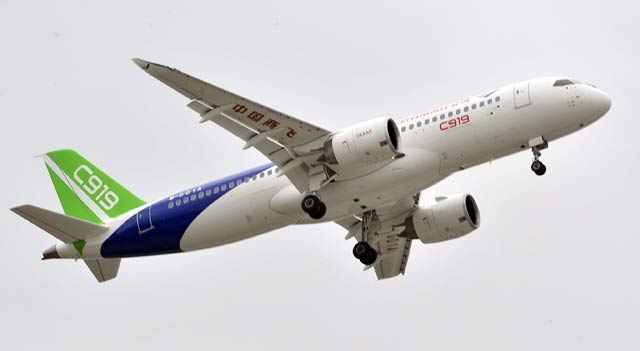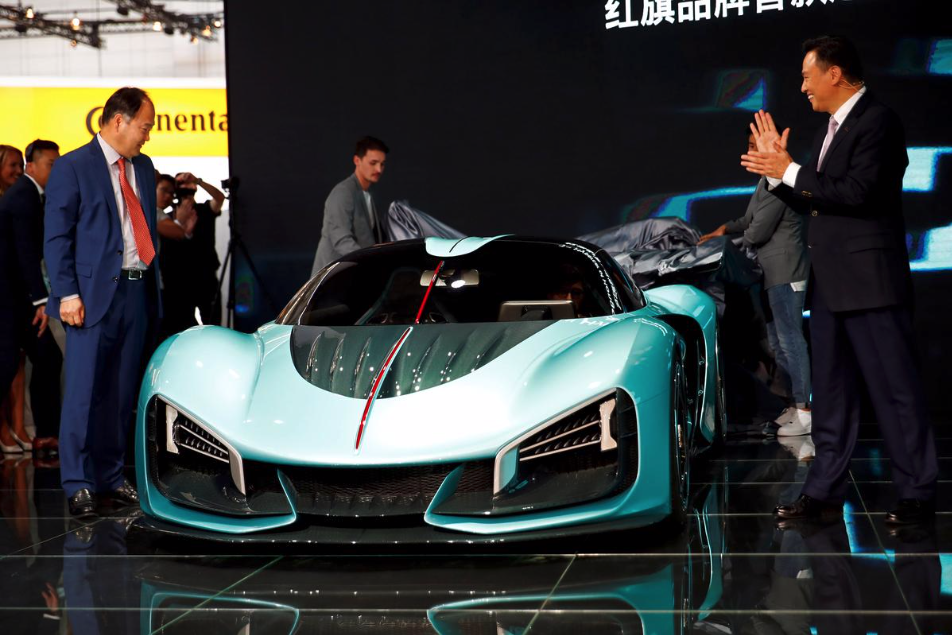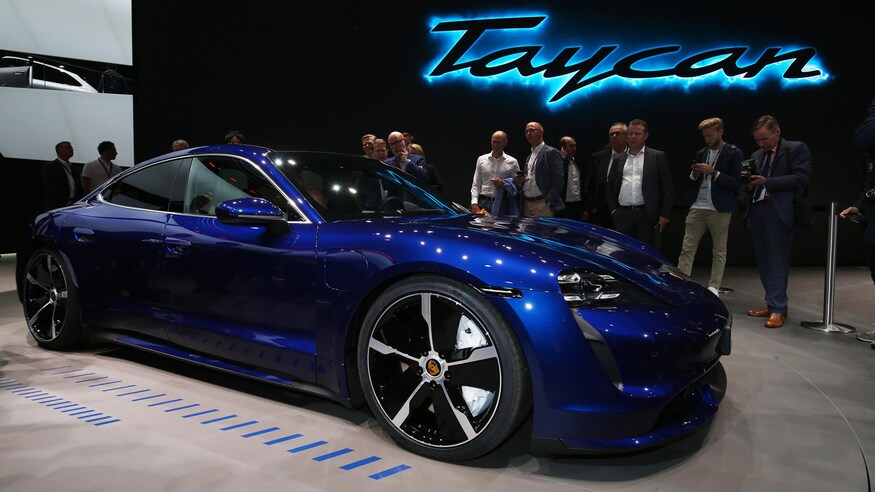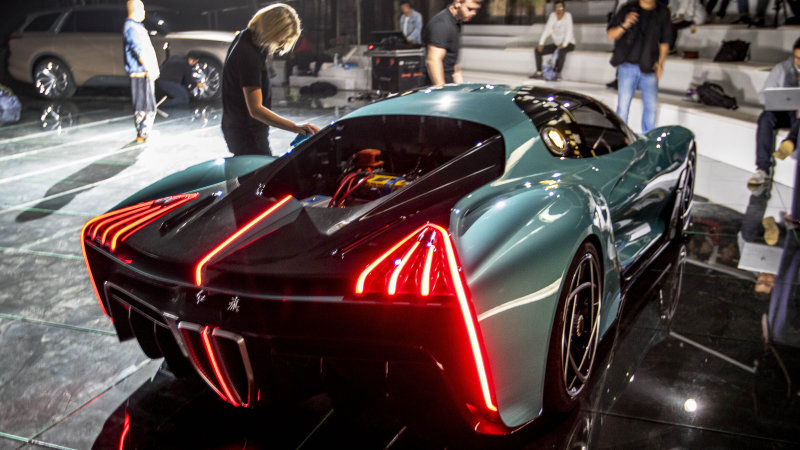- Textron, Gulfstream no longer attending
- Organisers expect reduction in exhibitors, visitors
- South Korea’s air force reviewing participation
By Jamie Freed and Allison Lampert

SYDNEY/MONTREAL, Feb 3 (Reuters) – Some aerospace companies including business jet manufacturers Textron Inc and General Dynamics Corp’s Gulfstream division said they no longer planned to attend the Singapore Airshow due to the new coronavirus epidemic.
The trade portion of Asia’s biggest airshow, held every two years, is set to begin on Feb. 11 under the shadow of the fast-spreading virus that has prompted Singapore to deny entry to any non-resident with a recent history of travel to China, where the virus originated.
The death toll from the coronavirus has risen to 361 in China, bringing the number of confirmed infections to 17,205 in the country. The flu-like virus, which can be transmitted from person to person, has spread to more than two dozen other nations and regions.
Experia Events, the organiser of the Singapore Airshow, said last week the show would continue as planned, but the government measures meant it would “undoubtedly see a reduction in terms of the number of expected exhibitors and visitors this year”.
The organiser said there would be doctors and medics on standby to attend to visitors who were feeling unwell.
In 2018, there were 54,000 trade attendees from 147 countries and 1,062 participating companies who come to network, examine products and sign deals covering commercial aviation, defence, maintenance and repair operations and business jets.
Typically, it is not a major show for commercial plane orders but talks during the show can set the stage for deals that are completed later in the year.
Boeing, Airbus and Lockheed Martin Corp , among the biggest exhibitors, said they still planned to attend the show.
Textron and Gulfstream said their decision to not attend was a precautionary measure to protect the health of employees.
Russian aerospace group Rostec plans to send a reduced delegation to the show, Russian media reported. Rostec did not respond immediately to a request for comment.
A spokesman for South Korea’s Air Force said on Monday it was reviewing whether to participate in the Singapore Airshow, but it had not made a final decision.
The deputy administrator of the Civil Aviation Administration of China, Li Jian, is no longer listed as a speaker at a pre-show leadership conference on Feb. 10.
Commercial Aircraft Corp of China (COMAC), which is developing the C919 narrowbody jet, had been due to attend the show before the travel ban was announced.
COMAC did not respond immediately to a request for comment.
(Reporting by Jamie Freed in Sydney and Allison Lampert in Montreal; additional reporting by Anshuman Daga in Singapore, Joyce Lee in Seoul and Brenda Goh in Shanghai; Editing by Himani Sarkar)




